Understanding the Cost of Egg Donation in Spain: For Recipients and Donors

Egg donation in Spain has emerged as one of the most popular and respected options globally for individuals and couples seeking fertility treatment. Renowned for its advanced clinics, high success rates, and favorable legal framework, Spain attracts a significant number of international patients. For those considering this path to parenthood, understanding the financial aspects is a crucial first step.
While Spain offers high-quality care, the costs can vary depending on the clinic, the specific services included, and any additional procedures required. This guide will provide a comprehensive breakdown of the typical expenses associated with egg donation in Spain, covering both the compensation for egg donors and the overall cost for recipients undergoing an IVF cycle with donor eggs. We will also explore what these prices generally include, additional factors that might influence your final bill, and how Spain's costs compare to other popular fertility tourism destinations.
How much does an IVF cycle with donor eggs cost for recipients in Spain?
Spain is recognized for offering competitive pricing for IVF with donor eggs, especially when considering the high standards of care and success rates. While it might be slightly more expensive than some Eastern European countries, it remains considerably more affordable than the USA or Canada.
The quoted range for an egg donation IVF cycle in Spain is quite broad because the final price can depend on several factors, including the specific clinic's reputation, location (e.g., clinics in Barcelona or Madrid might be at the higher end), and the exact inclusions in their package. Generally, clinics aim to provide a comprehensive package to international patients, minimizing unexpected costs.
This cost usually covers a substantial portion of the treatment, from the initial donor selection to the final embryo transfer, offering a clear financial path for recipients. Always request a detailed breakdown of services from your chosen clinic to ensure full transparency.
How much compensation do egg donors receive in Spain?
Spain's law on Assisted Human Reproduction Techniques (Law 14/2006) strictly mandates that egg donation must be an anonymous, altruistic, and voluntary act. This means that donors are not "paid" for their eggs in a commercial sense. Instead, they receive compensation that aims to cover the discomfort, potential side effects, travel expenses to and from the clinic, and the time they dedicate to the entire process, which involves multiple appointments, medication, and the retrieval procedure.
- Legal Framework: The amount of compensation is regulated and fixed by the Spanish Ministry of Health, Social Services and Equality, taking into account recommendations from the National Commission on Assisted Human Reproduction. This ensures ethical practices and prevents the commercialization of human gametes.
- Donor Profile: Donors undergo rigorous medical, psychological, and genetic screening to ensure their suitability and the health of any resulting children. This comprehensive evaluation is part of the altruistic nature of the donation.
This regulated compensation model helps maintain the ethical integrity of egg donation in Spain while acknowledging the donor's significant contribution.
What is typically included in an egg donation IVF package in Spain?
When comparing prices for egg donation in Spain, it's vital to understand what services are bundled into the quoted price. While specifics vary, most reputable clinics offer comprehensive packages that cover the core aspects of the treatment:
- Donor Selection and Screening: This includes the rigorous medical, genetic, and psychological evaluation of the selected anonymous egg donor.
- Donor Medication: The cost of the fertility drugs used to stimulate the donor's ovaries to produce multiple eggs.
- Egg Retrieval: The surgical procedure performed on the donor to collect the mature eggs.
- Fertilization: Laboratory procedures, often using Intracytoplasmic Sperm Injection (ICSI), where the retrieved eggs are fertilized with the recipient's partner's sperm or donor sperm.
- Embryo Culture: Monitoring and culturing the resulting embryos in the lab until they reach the optimal stage for transfer (typically blastocyst stage).
- Recipient's Endometrial Preparation: Medications and monitoring for the recipient to prepare the uterine lining for embryo transfer.
- First Embryo Transfer: The procedure to transfer one or more embryos into the recipient's uterus.
Some clinics might also include additional services like initial consultations, a certain number of frozen embryos for future use (and their first year of storage), or an EmbryoScope for continuous embryo monitoring. However, it's common for medications for the recipient, additional embryo transfers, or advanced genetic testing (like PGT-A) to be extra costs.
What factors can influence the total cost of egg donation in Spain?
While Spain offers competitive pricing, the final cost for your egg donation IVF cycle can be influenced by several variables:
- Clinic and Location: Clinics in major cities like Barcelona, Madrid, or Valencia that are highly renowned and cater to a large international clientele may have higher prices than smaller clinics or those in less prominent regions.
- Number of Eggs/Embryos: Some packages guarantee a certain number of retrieved eggs from the donor, while others might guarantee a certain number of blastocysts. Higher guarantees might come with a higher price tag.
- Additional Procedures and Technologies:
- Preimplantation Genetic Testing (PGT-A/PGS): Screening embryos for chromosomal abnormalities can add €2,000 - €4,000 or more to the cost.
- Assisted Hatching: An optional lab technique that may improve implantation rates, sometimes an extra cost.
- Embryo Freezing and Storage: While the first year of storage might be included, subsequent years of storage for unused embryos will incur annual fees.
- Donor Sperm: If donor sperm is required, this is an additional cost, typically €300 - €750.
- Recipient's Medication: The cost of hormone medications for the recipient's uterine preparation is often not included in the base package and can range from a few hundred to over a thousand euros.
- Number of Embryo Transfers: The initial package usually covers one fresh embryo transfer. If you have frozen embryos and need subsequent transfers, each will be an additional cost (usually €1,400 - €2,500).
- Travel and Accommodation: These are significant additional costs for international patients, varying based on your origin and length of stay.
It's always recommended to ask for an itemized quote and clarify what is included and excluded from the quoted package price.
Is egg donation legal and anonymous in Spain?
Spain's legal framework for assisted reproduction is one of the most comprehensive and established in Europe, providing a secure environment for both donors and recipients.
- Anonymity: Spanish law (Law 14/2006) mandates that egg donation is strictly anonymous. This means that neither the donor nor the recipient (or the child born from the donation) can know the identity of the other party. Clinics carefully manage this anonymity, selecting donors based on physical characteristics (phenotypic matching) and immunological compatibility.
- Donor Rights and Responsibilities: Once eggs are donated, the donor relinquishes all parental rights and responsibilities. The legal parents of the child are unequivocally the intended parents (the recipients).
- Strict Screening: The legal framework also ensures rigorous screening of donors, including medical history, psychological evaluation, and genetic testing, to minimize risks and ensure the health of the donor and the future child.
- High Demand: The legal and ethical framework, combined with Spain's medical excellence, has made it a leading country for egg donation, leading to a good supply of diverse donors.
The strong legal backing provides peace of mind for international patients seeking egg donation in Spain.
How do Spain's egg donation costs compare to other popular destinations?
When considering egg donation abroad, cost is often a significant factor. Spain offers a compelling balance of high-quality care, robust legal frameworks, and competitive pricing within the European context, positioning it strategically between more expensive Western nations and some Eastern European options.
Here's a general comparison table:
The higher cost in Spain compared to Eastern European countries is often justified by its highly developed fertility tourism infrastructure, established legal framework, and potentially larger and more diverse donor pool, which can lead to shorter waiting times and better phenotypic matching for recipients. For many, the added peace of mind and quality assurance make Spain a worthwhile investment for their egg donation journey.
Ready to explore your options for egg donation in Spain? PlacidWay can connect you with leading fertility clinics that offer transparent pricing and comprehensive care to help you achieve your dream of building a family.


.png)
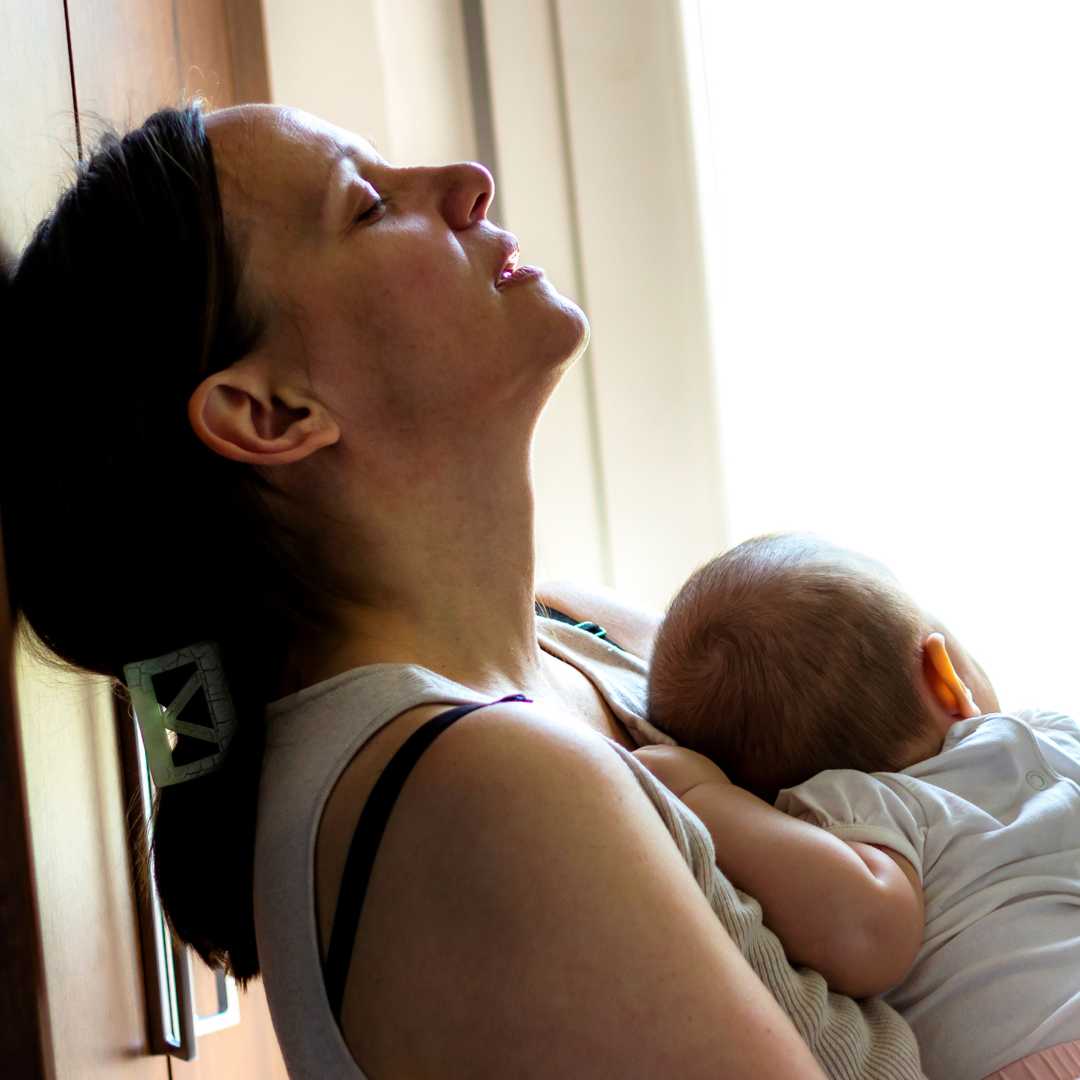

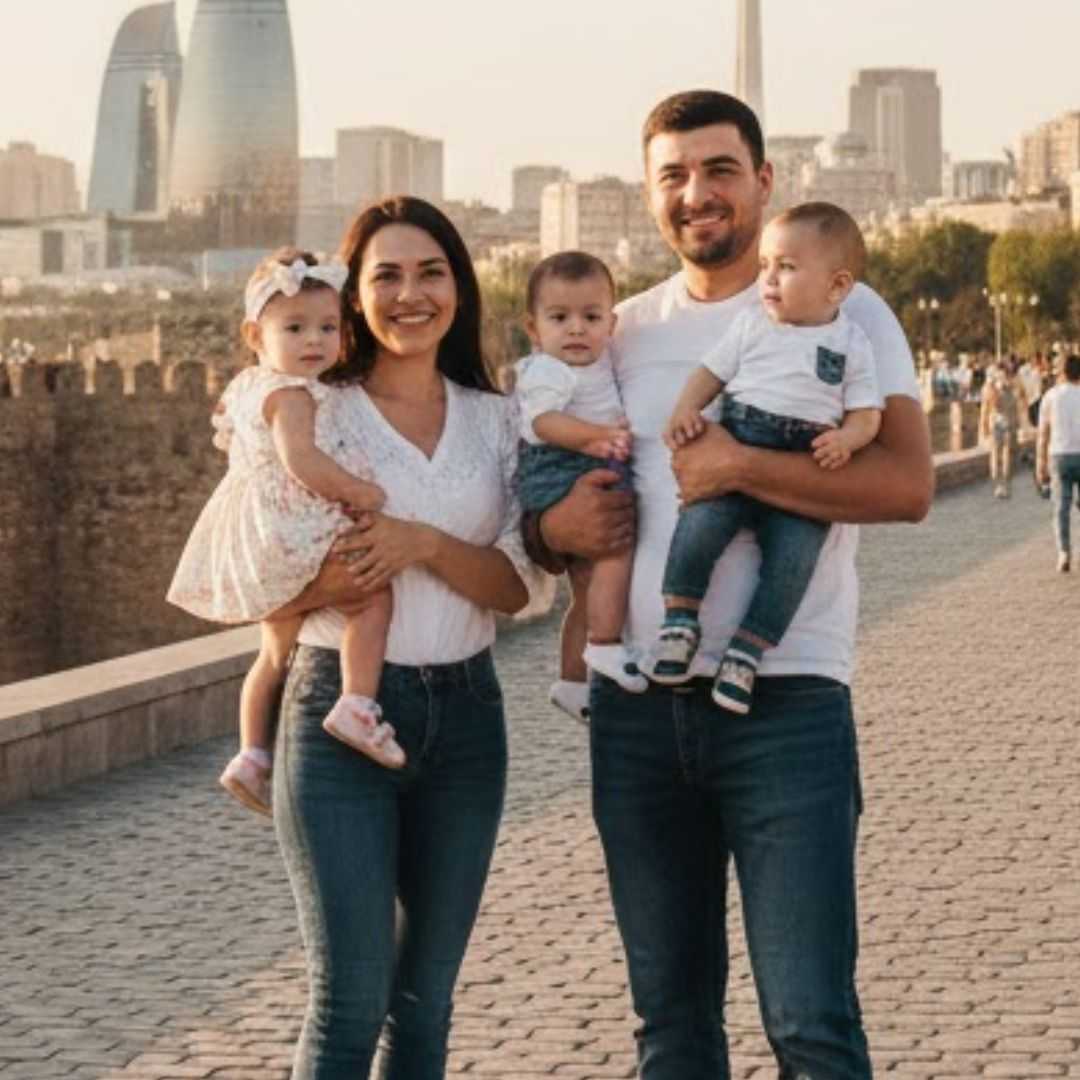

.png)


.png)
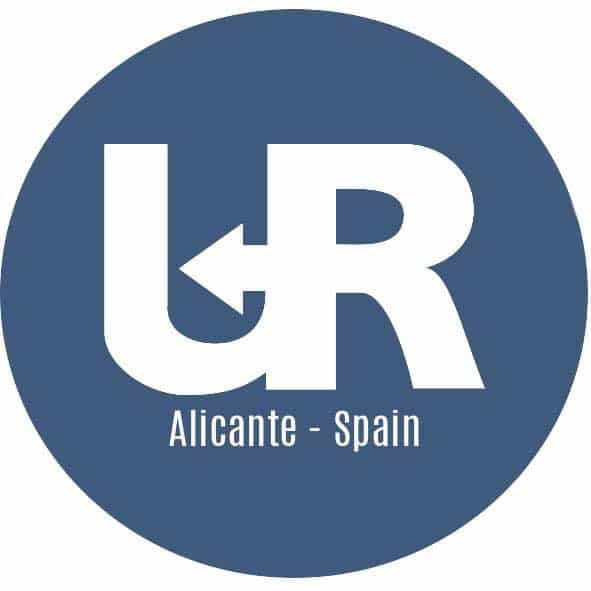
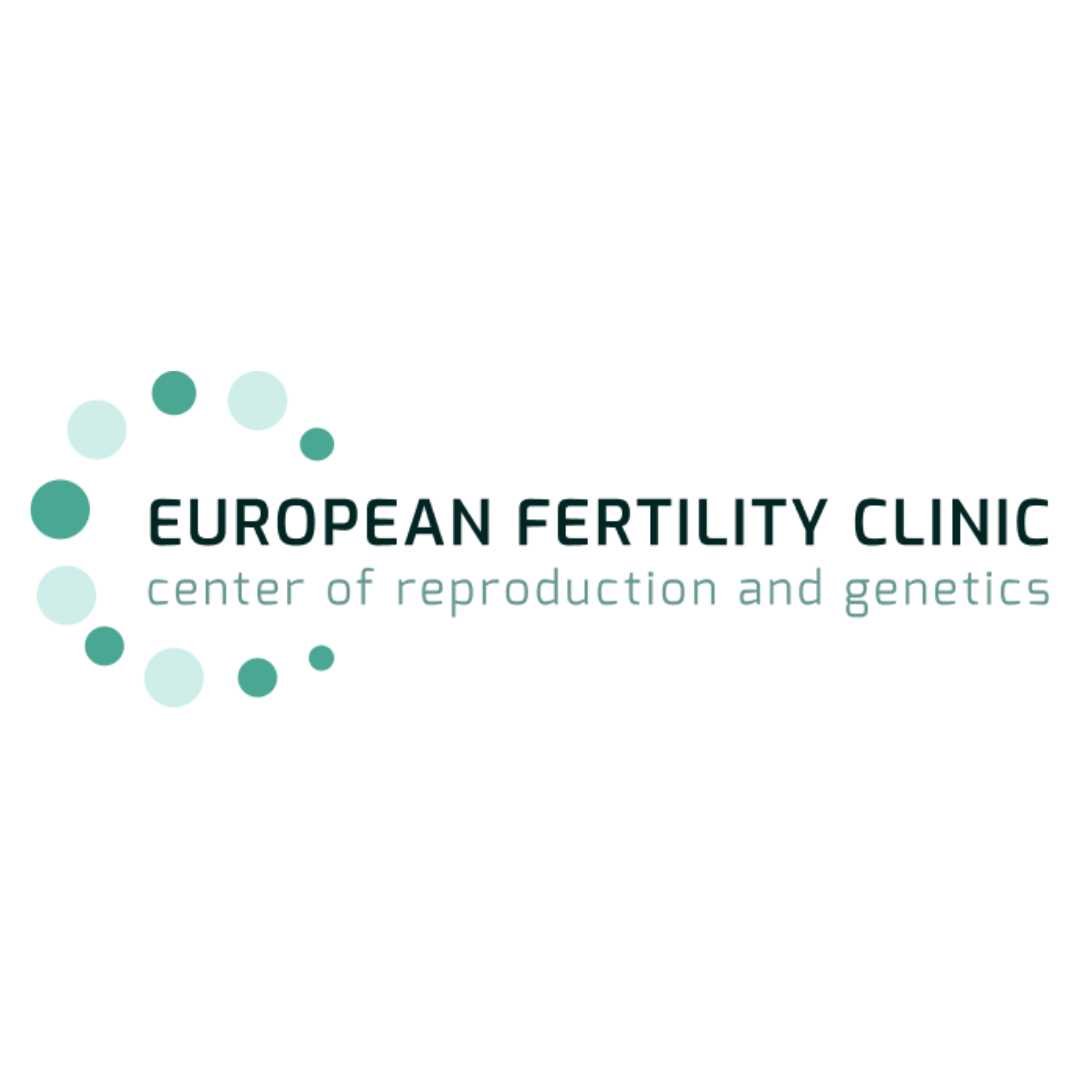
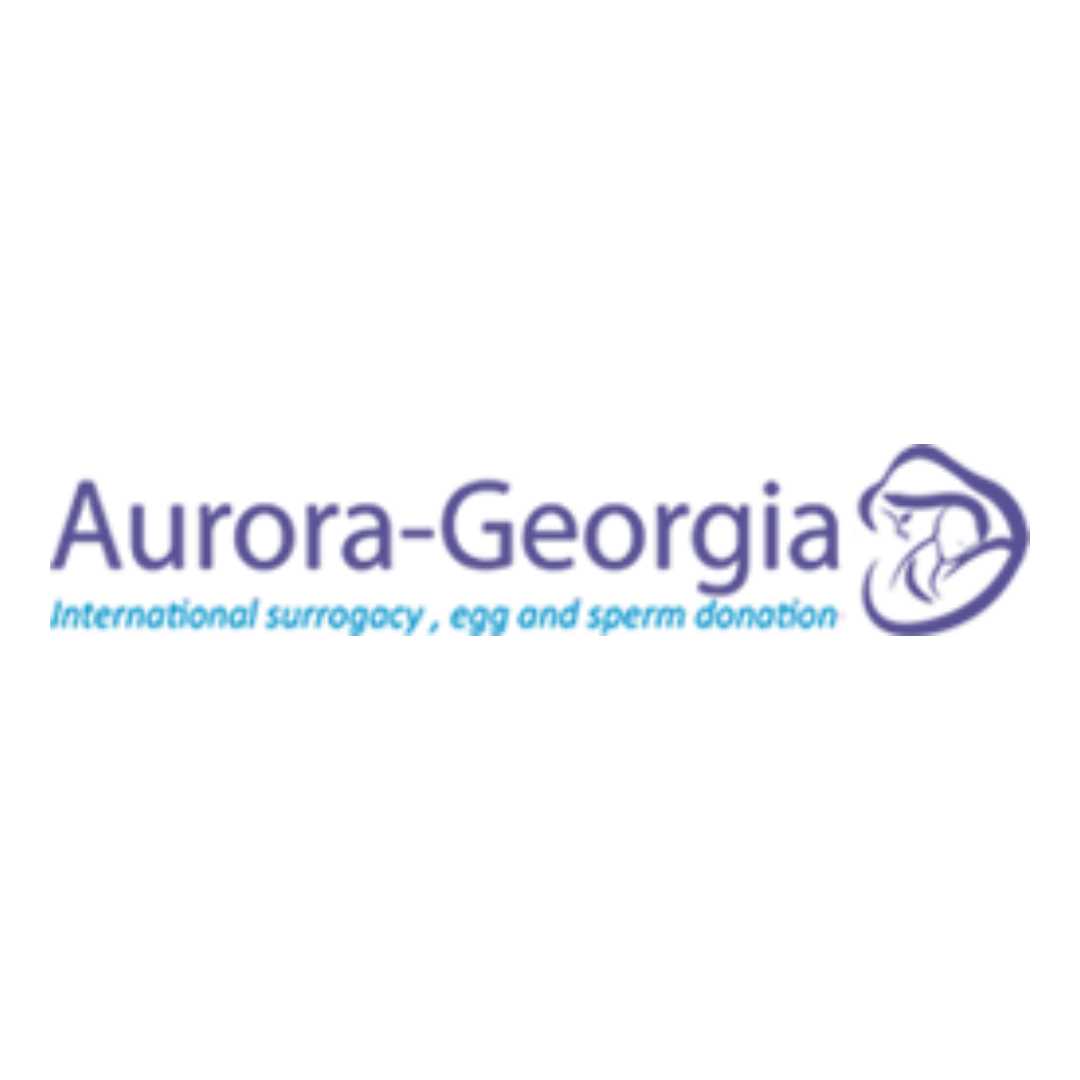
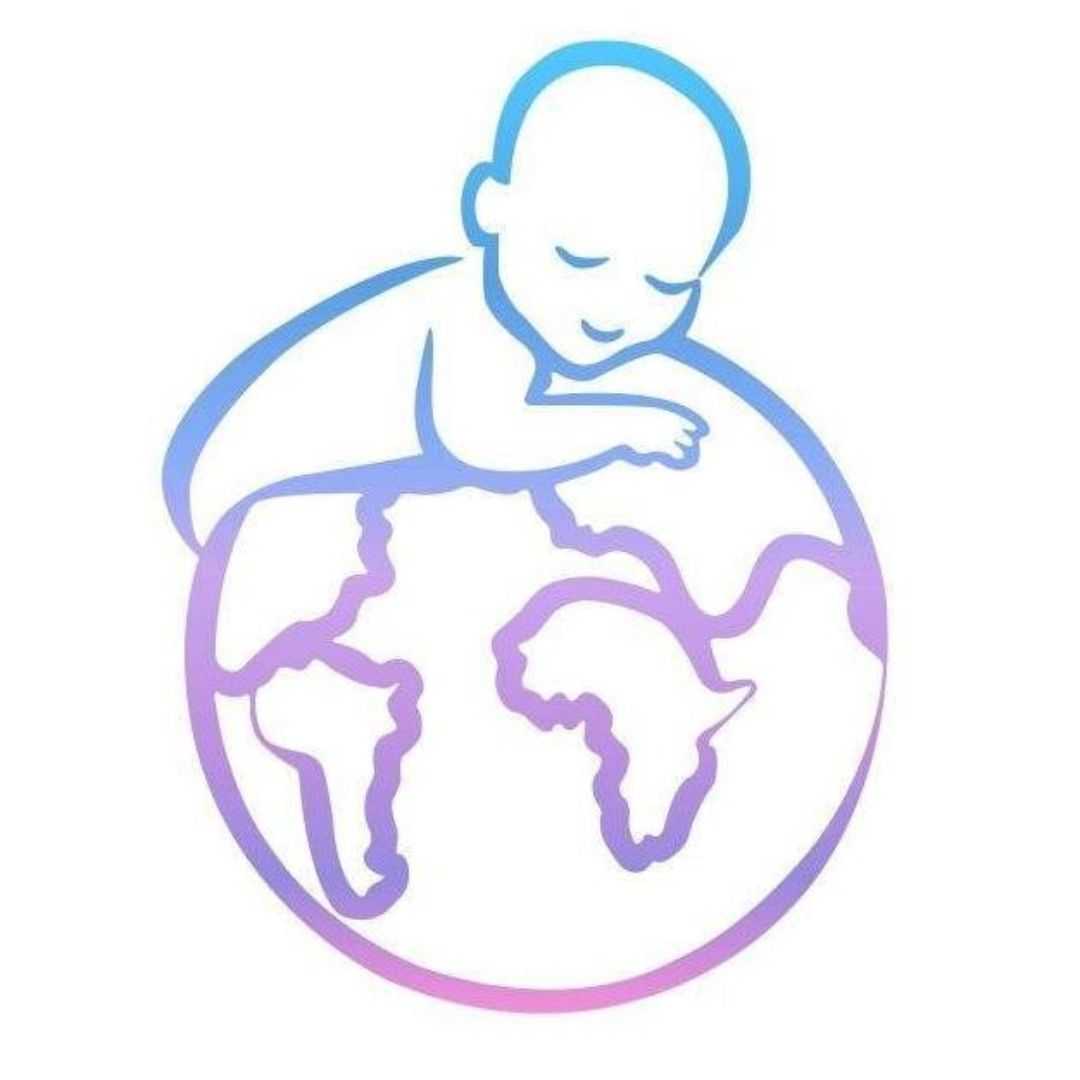

Share this listing